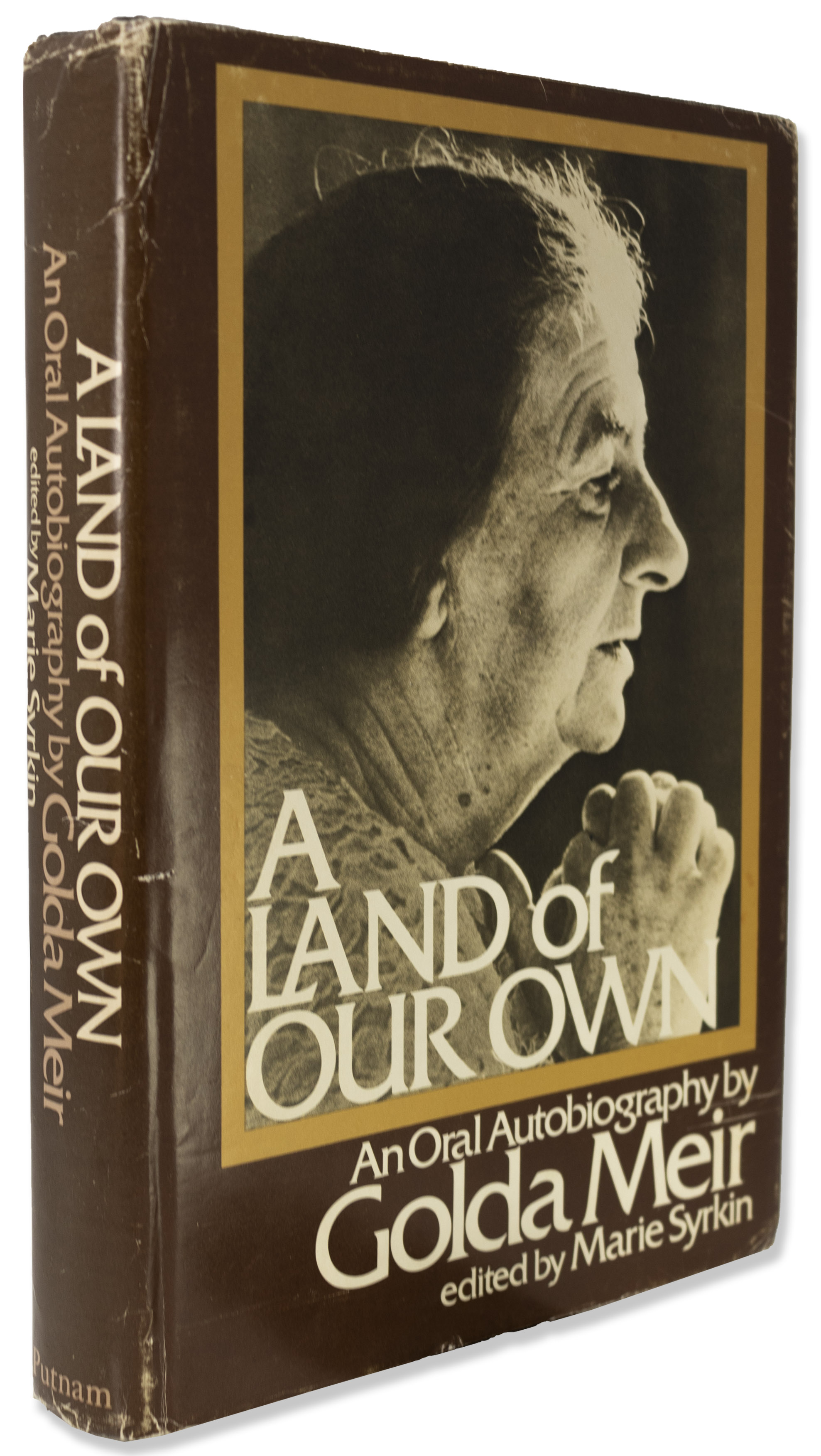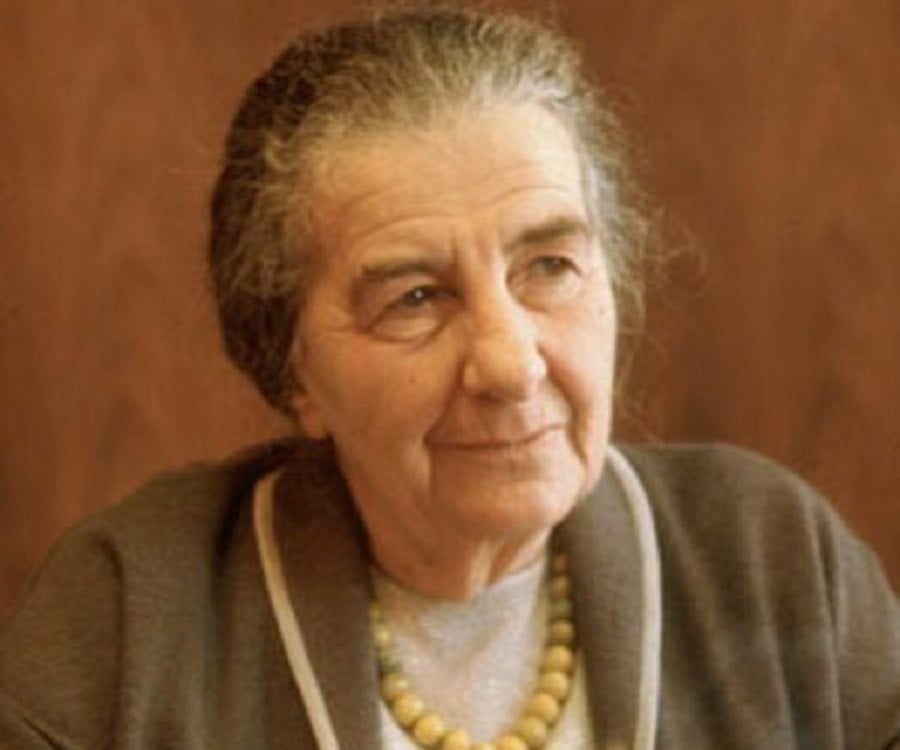

Golda along with her mother and sisters landed in Quebec and traveled to Milwaukee by train.

The following year, he had saved up enough money to bring his family to the United States. In 1905, Moshe moved to Milwaukee, Wisconsin, in search of higher-paying work, and found employment in the workshops of the local railroad yard. In his absence, the rest of the family moved to Pinsk (present-day Belarus) to join her mother's family. Meir's father, Moshe, left the country to find work in New York City in 1903. Meir resigned the following year in response to public anger. After getting married, she and her husband emigrated to Mandatory Palestine in 1921, settling on a kibbutz.ĭuring her tenure as prime minister, Israel was caught off guard in the Yom Kippur War of 1973 and suffered severe losses in the first days of the war, before recovering and defeating the invading armies. She was educated there and eventually became a teacher. Her oratory skills and command of English made her an extremely successful fundraiser during the critical early years of the new Israeli state.īorn in Kyiv in the Russian Empire, Meir immigrated to Wisconsin, United States as a child with her family in 1906. She had a reputation for being down-to-earth and a persuasive speaker. She has been described as the "Iron Lady" of Israeli politics. Meir also served as labor minister and foreign minister. She was Israel's first and only female head of state, the first female head of state in the Middle East, and the fourth elected female head of state in the world.

Golda Meir (born Golda Mabovitch – 8 December 1978) was an Israeli politician, teacher, and kibbutznikit who served as the fourth Prime Minister of Israel from 1969 to 1974.


 0 kommentar(er)
0 kommentar(er)
